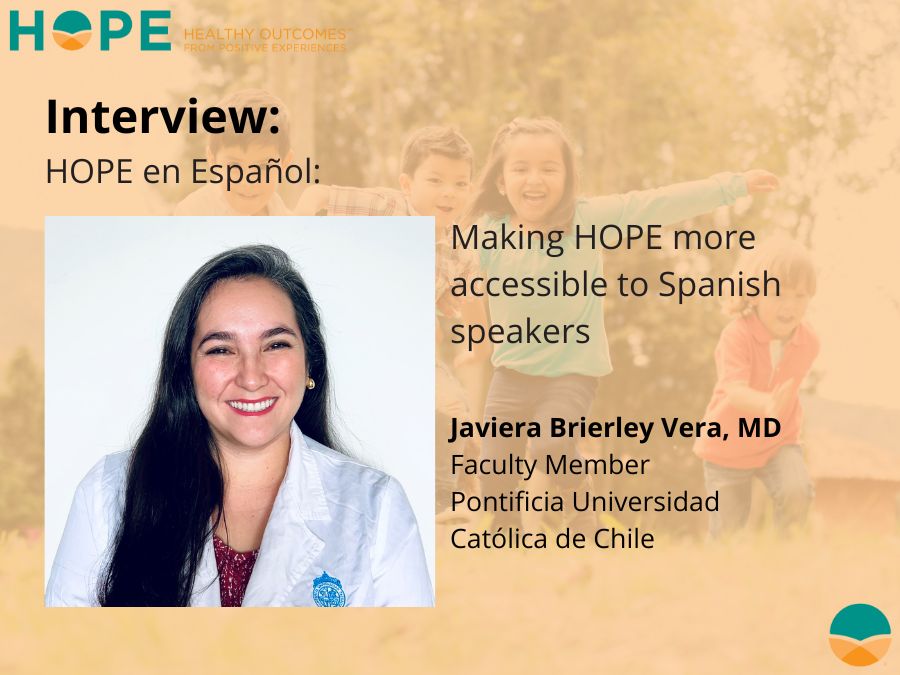
Pediatrician, Dr. Gretchen Pianka, had already created Resilience University when she first heard about HOPE. When Dr. Pianka met with Drs. Sege and Burstein, she realized that her vision to help foster family resilience fit perfectly within the HOPE Framework. At that time, her program focused primarily on promoting emotional growth and fostering the parent-child attachment to help build resilience in children. By doing Plan-Do-Study-Act (PDSA) Cycles with families around the challenging emotional and relational issues, she was able to use a vetted quality improvement strategy to help families access more positive childhood experiences.
As Dr. Pianka started working with families on these cycles, she noticed that one of the biggest factors impacting parents’ ability to hold space for relational health and growth with their children was the parents’ stress level. Sometimes, relational and emotional issues were driving this stress. Things were so volatile and difficult that parents felt trapped at home and unable to connect with their community even if they knew that would be beneficial for the family’s wellbeing.
Parents were worried about other things as well. Everything seems stressful if you don’t have a safe place to live or your children can’t find a safe place to play. Some of the parents she worked with found it impossible to care for their younger children while overseeing remote learning and working from home. Dr. Pianka noticed that she could help parents focus more on emotional and relational health when she also helped them identify resources for quality childcare, safe housing, community connection, and other resources for meaningful engagement and fostering a safe home environment.
Dr. Pianka was struck by how hard it was for parents to hold space for their child’s unpleasant emotions and nurture their relationship with their children when they had high levels of stress and pressing basic needs. Her practice had fledgling resources for helping families with food insecurity, but had yet to develop supports for other issues parents faced. By expanding Resilience University to not only address emotional and relational health but also to include all of the Four Building Blocks of HOPE, Dr. Pianka noticed that she was able to take her families’ stress level down a few notches. Once the parents felt less stressed, they had more capacity to work on strengthening their relationship with their children.
Dr. Pianka felt incredibly validated after learning about HOPE. It gave the work she was doing a framework to exist within. She knew that what she was doing with Resilience University was important; and HOPE helped give her the science to explain why.
“The HOPE Framework gives providers permission to devote resources and time to resilience during an otherwise busy well-child visit. It reminds us that this is the work WE should be doing to facilitate health and well-being; it isn’t someone else’s job.”
Gretchen Pianka
Resilience University has a new website that features HOPE and the importance of Positive Childhood Experiences heavily. The Parents and Community tab on her website offers resources for local basic needs, support to ensure that families are able to provide safe, stable, environments for their children, as well as support around relationship-building, social engagement, and emotional growth. The Providers tab helps teach others about HOPE and shares a new resource she has created to help other providers walk families through identifying their own Building Blocks, a resource which she now uses with every family that comes through Resilience University.
Photo by Jimmy Dean on Unsplash


